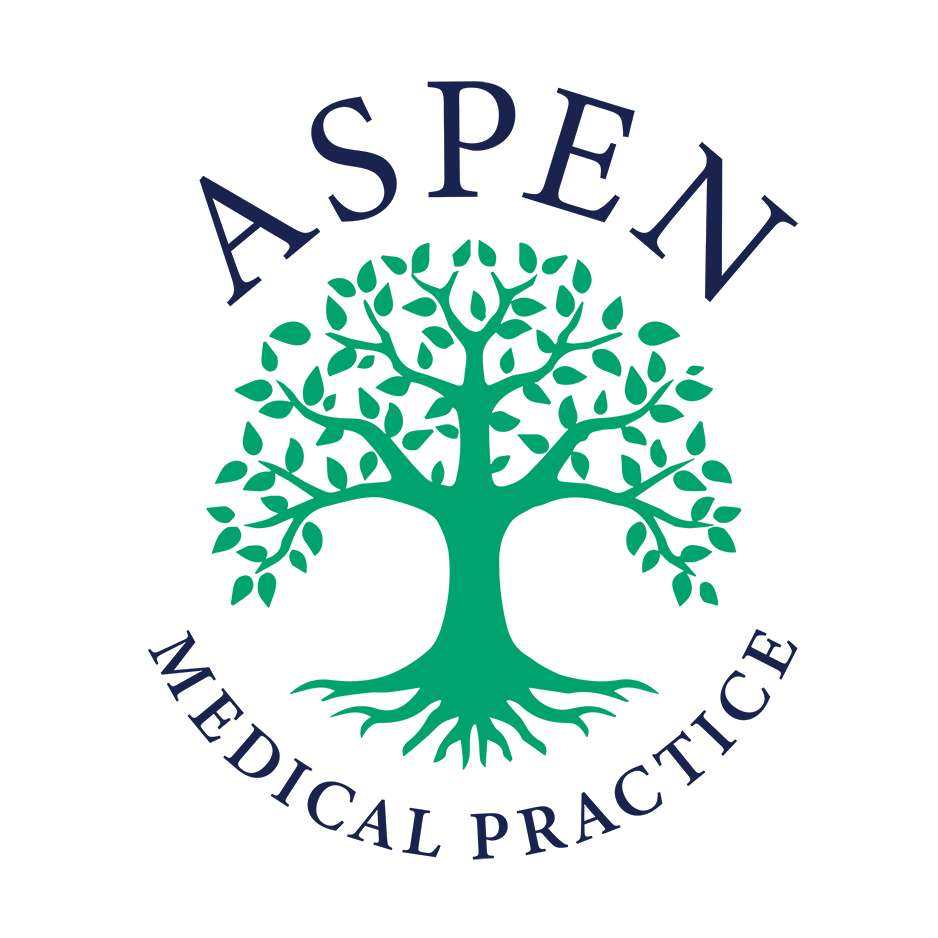Cancer Research UK – Coronavirus and Cancer
The constant news about the coronavirus can be worrying. People with cancer and their families might feel especially worried about the virus, as cancer and its treatment can lower your ability to fight infection.
Website
www.cancerresearchuk.orgFocus Support and Information Centre
The Focus centre is in the heart of the Oncology Centre in the outpatient waiting area of Cheltenham General Hospital. The team are there to support patients at every step; from a diagnosis of cancer to advice during and beyond their treatment.
Website
www.gloshospitals.nhs.uk/focusMacmillan Cancer Support
Being diagnosed with cancer can be a huge shock. You might be overwhelmed, worried about what happens next or thinking about the impact on your life. There is a variety of practical advice and support locally and nationally for people who have been diagnosed with cancer (or their family and friends).
Phone
0808 808 0000
Websites
Just been diagnosed?
Eating well and keeping active
be.macmillan – Easy read titlesCharlie’s – Gloucester
Charlie’s Community Cancer Support and Therapy Centre offers friendship, support, holistic therapies, activities and events to help anyone affected by cancer in Gloucestershire, people with and post cancer, their families and carers.
Phone
01452 939000
Website
www.charlies.org.uk
Email
charlies2014@yahoo.co.ukMaggie’s Centre (Cheltenham)
Maggie’s offers free practical, emotional and social support to people with cancer and their families and friends. Help is offered freely to anyone with any type of cancer. Simply drop in to The Lodge, College Baths Road, Cheltenham, GL53 7QB.
Phone
01242 250611
Website
Maggie’s CheltenhamMacmillan Cancer Support – Recipes
Macmillan Cancer Support provides physical, financial and emotional support to help you live life as fully as you can. Their large collection of sweet and savoury recipes is tailored specifically for people with cancer. They’re simple and quick to prepare.
Website
www.macmillan.org.ukYoung People with Cancer
There are a range of charities supporting young people with cancer including Teenage Cancer Trust and CLIC Sargent.
Living in remission
More and more people are surviving cancer. There are two million people living with or beyond cancer in the UK and this is increasing by 3.2 percent every year. A cancer survivor is anyone who is living with or beyond a cancer diagnosis.
Information for Cancer Survivors
Cancer survivors are living longer and some are experiencing long-term side-effects of cancer and its treatment; indeed, cancer is now being considered as a chronic condition by many people. This requires changes in our healthcare. This will help enable those living with and beyond cancer to access the care and support they need to lead as healthy and active a life as possible, for as long as possible.
The survivorship pathway starts at the point of diagnosis. Its holistic and all-encompassing nature means that multiple aspects of peoples’ lives need addressing within the survivorship umbrella, from work, finance and personal relationships through to managing pain, fatigue and making positive lifestyle changes, such as promotion of a healthy diet and physical activity.
The survivorship pathway helps to identify and address the individual needs of each person, including:Holistic needs assessment
To improve their overall experience, holistic needs assessments (HNA) should be part of every cancer patient’s care. They can be used to identify a person’s areas of concern. It is vital that these are discussed with the patient to develop an individualised care plan. This process allows for greater control and choice and supports people to self manage their condition.
Treatment summaries
These summarise the patient’s journey, from diagnosis through to the end of their treatment. They provide details of any on-going medication, and possible symptoms that may occur in the future. The summary explains whether these are a usual response to their treatment(s), or a possible sign that the cancer may have reoccurred. The summary provides details of who to contact in this instance, and also who to contact for advice/information if they have concerns.
Cancer rehabilitation
Cancer rehabilitation “involves helping a person with cancer to help him or herself to obtain maximum physical, social, psychological, and vocational functioning within the limits imposed by disease and its treatment.” (Cromes 1978, in Fialka-Moser et al, 2003). Specialist rehabilitation services should be available to all patients based on clinical needs assessed by informed professionals and the patient.
Follow-up services based upon evidence stratified risk
Follow up after cancer treatment should be developed using evidence-based risk stratification as described by the National Cancer Survivorship Initiative. A patient’s level of risk of recurrence, risk of developing consequences of being diagnosed and treated for cancer and risk of psycho-social morbidity should be assessed.
Health and wellbeing clinics/ information sharing forums
It is acknowledged that in order for people to be able to self-manage their on-going health needs after cancer, they need to be given the right information at the end of treatment and to know how and if or when to re-access services. One solution to this is health and well-being clinics, or similar. These are groups which are run by healthcare professionals, which give people the chance to get information, to start making positive lifestyle changes, and to ensure they have all the tools they need to start living beyond their cancer diagnosis and treatment.
Support available
Macmillan provide specialist support teams across the country for those who are living in remission.
Website
Macmillan Next Steps Cancer Rehabilitation – Macmillan Cancer – Macmillan Cancer Support
